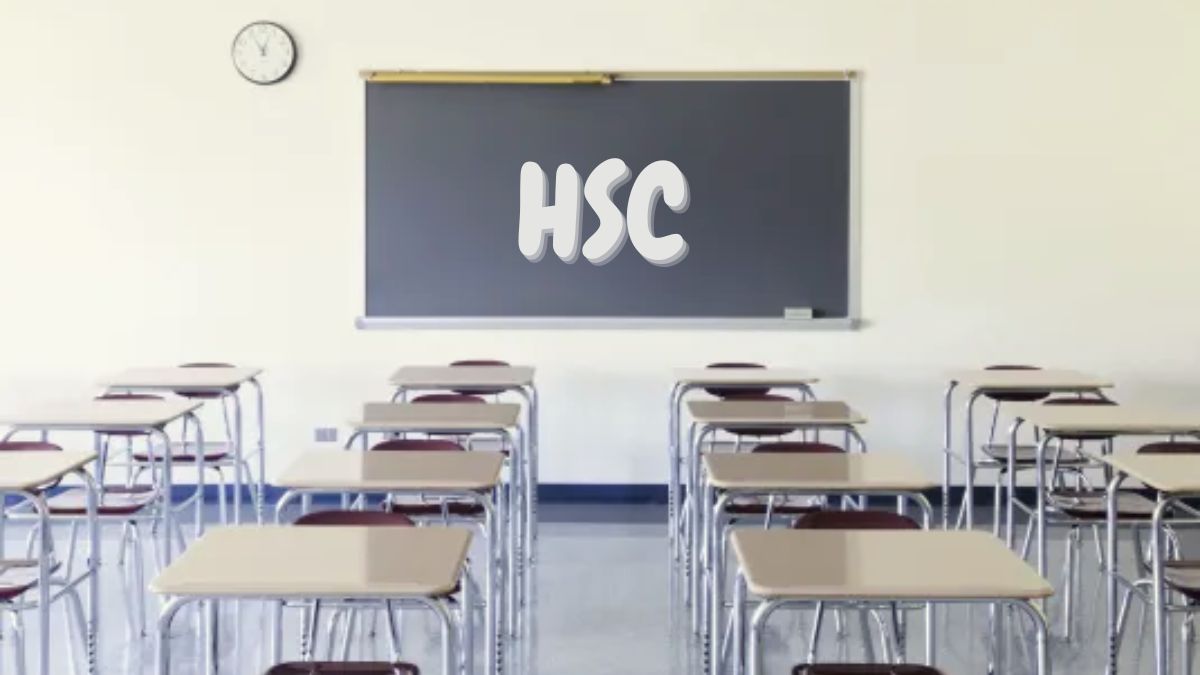News
Shock Stat: 60% of Grade 1 Don’t Make It to HSC

A total of 18,327 children entered Grade 1 in 2010. At the end of this cycle, only 7,528 students took the Higher School Certificate exam, representing 40% of the initial cohort.
This alarming statistic has raised concerns among educators. Lindsay Thomas, a seasoned educator, called it a distressing observation, highlighting the slow attrition within the Mauritian education system over the years.
Thomas acknowledged that despite its imperfections, the Mauritian education system has made significant achievements, with graduates from top universities around the world praising their schooling in Mauritius.
However, he pointed out that around 40% of students who start primary school eventually obtain the Higher School Certificate, while the rest drop out for various reasons.
Thomas cited reasons such as lack of access to early childhood education, chaotic experiences during primary and secondary schooling, and poor academic preparation as factors that contribute to students dropping out of the education system.
He emphasized the need for a comprehensive approach to address these issues and ensure that all children have equal opportunities for success.
One of the biggest challenges highlighted by Thomas is the battle against school exclusion in all its forms.
He stressed the importance of providing a supportive and inclusive learning environment that encourages students to stay in school and reach their full potential.
In order to retain students in school, Thomas called for a comprehensive overhaul of the education system, including continuous teacher training, adequate resources, and regular assessments of the educational machinery.
He emphasized the need for a flexible and responsive organizational structure that can adapt to the demands of a globalized world.
Another education expert, Soondress Sawmynaden, a retired school principal, echoed Thomas’s concerns about the competitiveness and selectivity of the Mauritian education system.
He called for a fundamental review of the primary education system to address the root causes of student dropout and academic underperformance.
Sawmynaden emphasized the importance of early intervention and individualized support for each child, recognizing that every child is unique and requires tailored educational strategies.
He also called for a shift towards a more holistic and inclusive approach to education that prioritizes the well-being and academic success of all students.
Overall, educators and experts in Mauritius are calling for a systemic change in the education system to ensure that every child has the opportunity to succeed and thrive in school.
By addressing the underlying issues that lead to student dropout and academic failure, Mauritius can create a more equitable and inclusive education system that benefits all its students.
Edley Maurer explains that the base allows students to take National Certificate 2 and National Certificate 3 courses.
He emphasizes the importance of encouraging children who are not in school to participate in sports and engage in healthy activities to prevent idleness.
Dr. Om Nath Varma, a sociologist and advisor at the Ministry of Education, underscores the need for schools to support children facing challenges in completing their education due to various environmental factors and lack of support.
He stresses that schools must work with a diverse range of students in primary schools to help them succeed and break the cycle of poverty.
Varma acknowledges that change may not happen immediately, but progress must be made over the years through measures implemented in primary schools.
He mentions the introduction of Support Teachers, who work alongside classroom teachers to assist students with learning difficulties, leading to improved School Certificate results compared to pre-pandemic years.
However, Varma emphasizes the collective responsibility of all stakeholders, including teachers and school leadership, in providing support and setting the tone for better education outcomes.
The Ministry of Education has implemented various support measures, such as the Early Support Programme for primary school children with learning difficulties.
This program incorporates hands-on activities like modeling clay and painting to engage students and improve literacy and numeracy skills.
Support Teachers hold a Teacher’s Certificate, but many are seeking further training and certification for career advancement.
In secondary schools, the Extended Programme supports students who have not achieved the Primary School Achievement Certificate, guiding them towards the National Certificate of Education exams.
Those who do not meet the requirements can access Technology Education or vocational training at institutions like the Mauritius Institute of Training and Development (MITD) and Polytechnics Mauritius.
The educational reform aims to provide every child with opportunities to succeed within the educational system, offering support from psychologists for students facing challenges throughout their academic journey.
Source: Defi Media











